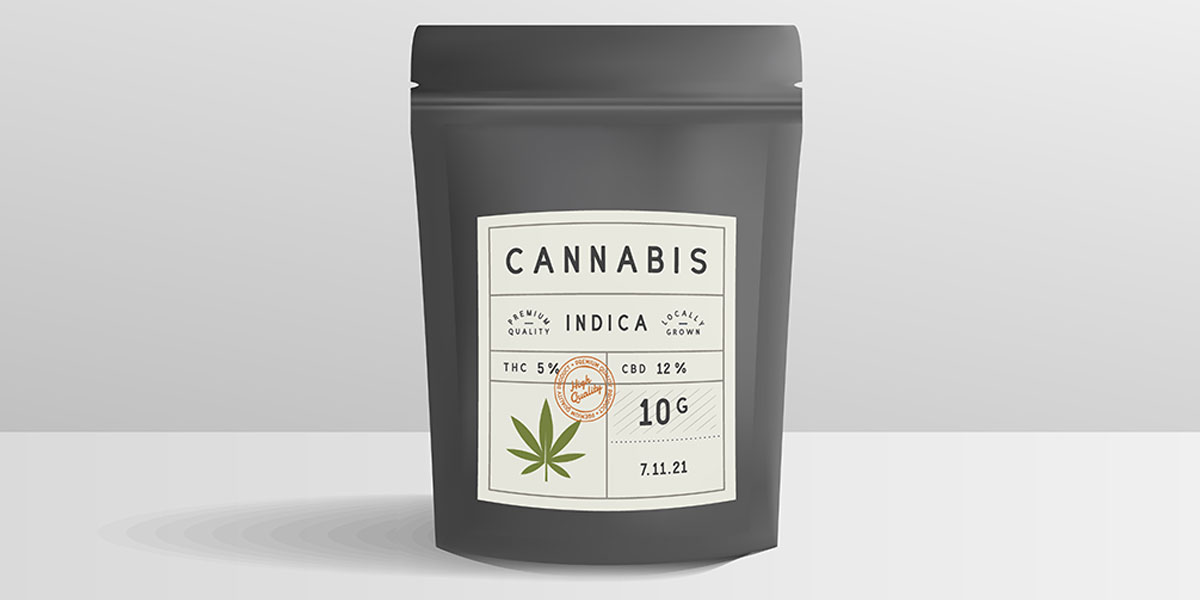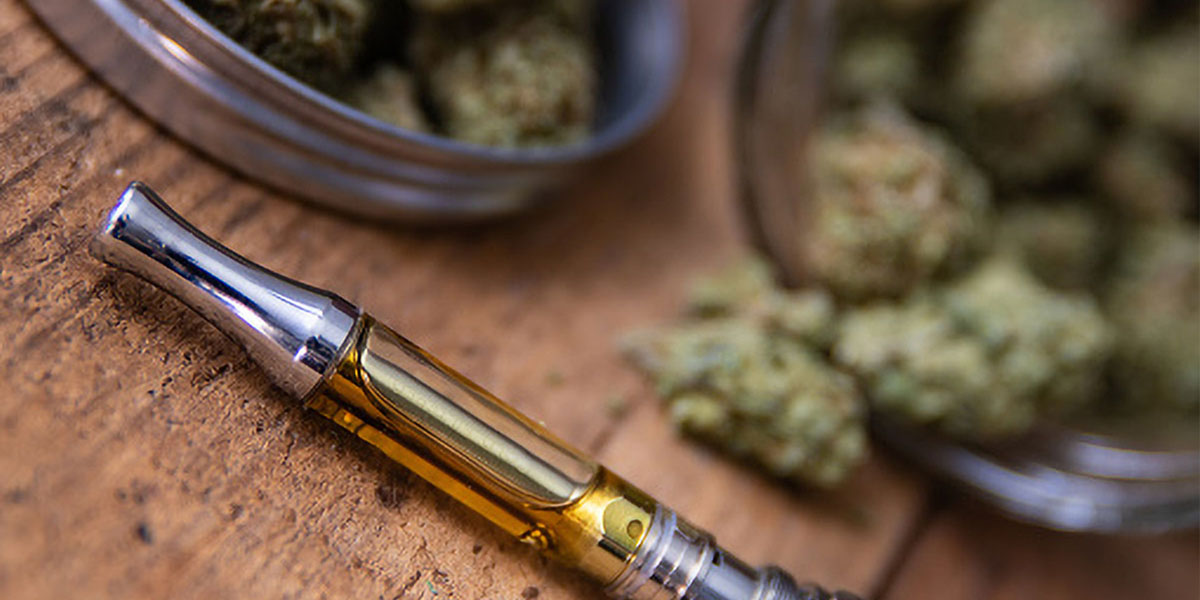Last year, we wrote about the former Missouri governor’s efforts to curb the availability of intoxicating hemp products to Missouri consumers by executive order. There are now several proposed bills in the Missouri legislature that seek to regulate hemp-derived consumable products in the state, a few of which we summarize below. In general, the proposed legislation addresses issues related to youth access, licensing, taxation, advertising and marketing, testing, and labeling. This type of proposed legislation is worth monitoring in Missouri, and other states, as states take more aggressive action to prohibit or regulate the availability of such products to consumers in the absence of a coherent, federal regulatory framework.








